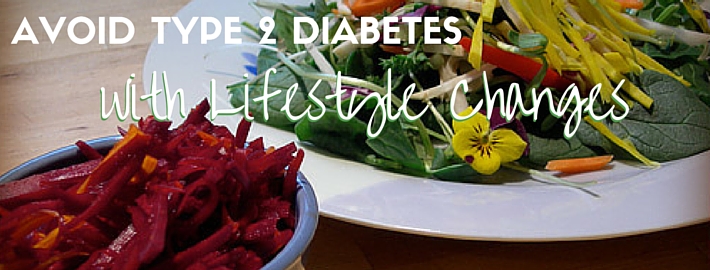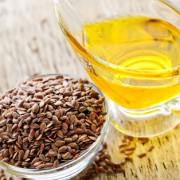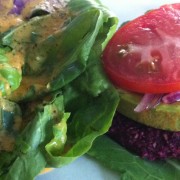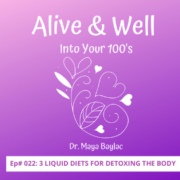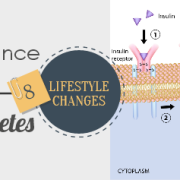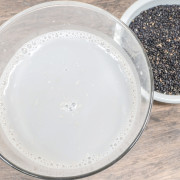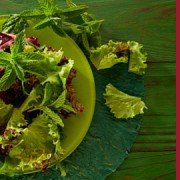7 Actions Pre-Diabetics Can Take To Avoid Type 2 Diabetes
Pre-diabetes, insulin resistance, impaired glucose tolerance and impaired fasting glucose are all warning signs that a change in lifestyle and nutrition needs to happen in a person’s life! If individuals continue with the same nutritional habits and lifestyle after any of the above risk factors have been identified, it is inevitable that these individuals will develop type 2 diabetes. Diabetes leads to heart disease, blindness, peripheral neuropathy and many more life threatening illnesses. Read more about the effects of type 2 diabetes on the body here.
Signs and Symptoms of Pre-Diabetes
The table below shows the blood sugar measurements that need to be found on two separate occasions or occurrences to be diagnosed as pre-diabetic. The numbers below are from the American Diabetes Association.
| A1C or HbA1C | Fasting Blood Sugar | Symptoms | |
|---|---|---|---|
| Normal | below 5.7% | less than 100mg/dl | |
| Pre-diabetes | between 5.7% and 6.4% | between 100 and 125mg/dl | Increased thirst and more frequent urination may or may not be present |
| Diabetes | above 6.4% | more than 126mg/dl | Increased thirst and more frequent urination may or may not be present |
What To Do If You Are Pre-Diabetic?
1. Overweight
If you are overweight, in particular if you carry some extra weight around your waist, you are at risk for diabetes and you want to know what your A1C is. The optimal fasting blood sugar should be in the lower 80’s. If your blood sugar were higher than 90 twice taken consecutively, I would not wait to take action. The earlier you do something, the easier it is. You will need to analyze the causes of your weight gain. Is it emotional eating, depression, medication side effects, lack of physical activity, or an elevated toxic burden?
2. Physical Inactivity
If you are inactive physically, realize that being inactive increases your chances of insulin resistance. Just try to use your car less and walk to places that you can walk to. If you have an office job, stand up for 5 minutes every hour or add a standing desk in your office. Take the stairs instead of the elevator. Every small effort creates a more active life.
3. High Blood Pressure
If you have high blood pressure. A blood pressure of 140 /90 is associated with increased risk of type 2 diabetes. High blood pressure and diabetes respond to nutritional changes and exercise. See this high blood pressure case study for one of our residential program patients.
4. Low HDL and High Triglycerides
If your HDL cholesterol is low, less than 50, and your triglycerides are high, above 80, you have an increase risk of diabetes. Besides dietary modifications and lifestyle changes some supplements such as niacin and tocotrienols can be very helpful at decreasing your cholesterol.
5. Toxic Load
I you have been smoking and drinking excessively, taking pharmaceutical drugs, eating processed foods and conventional foods for over 40+ years chances are that your toxic burden is elevated. Cadmium, mostly found in cigarettes, has been found to be one of the causes of insulin resistance. You may want to consider finding a naturopathic or integrative doctor who can assess toxicity and heavy metal load and who can assist you with a detoxification regimen.
6. Sugar and Refined Foods
Sugar comes in various forms and is ubiquitous in processed food. White sugar, brown sugar, agave, high fructose corn syrup, white flour in pasta and bread, added sugar in processed foods, sodas, all these forms of sugar raise blood sugar levels quickly and are associated with diabetes. Sugar is addictive and leads to overconsumption. If you have a problem with sugar it is better to treat it like a drug, and eliminate it completely. Sugar from fruits is okay if your blood sugar is normal. Sugar from fruits is okay if your blood sugar is normal. Try a sweetener alternative like stevia.
7. Detoxification
Don’t wait to do a detox (read about detoxification medicine). Eliminate sugar, simple carbohydrates, jump on your bike and start preparing your food from fresh organic vegetables, nuts and seeds and drink pure non-chlorinated water.

